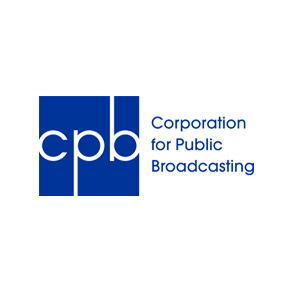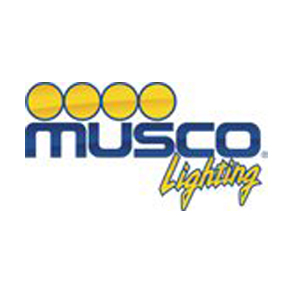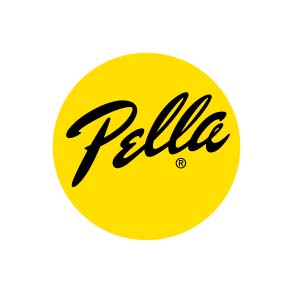Pony Truss Bridge Design
Chichaqua Bottoms Greenbelt has a 1910 Warren Pony Truss bridge that originally spanned the Skunk River, but in 1992 was moved to its present location. It was originally used for traffic but now stands as only a pedestrian bridge. A pony truss bridge is different from other truss bridges because it allows traffic to go through it, but is not connected by braces over the top.
Location
Chichaqua Bottoms Greenbelt - Maxwell, IA
Driving Question
- What forces are acting on the pony truss bridge?
Probing Questions
- How do we know if the forces are balanced on the bridge?
- What might happen if we added more mass to the bridge? Why?
Classroom Suggestions
Students could:
- Discuss the types of bridges students have seen around Iowa.
- Draw a model of their bridge showing the direction of forces acting on it.
- Observe photos of different Iowa bridges and compare and contrast.
- Explore a simulation of balanced and unbalanced forces.
- Perform a bridge-building test to see how much mass a bridge can hold; choose a type of bridge and modify the design as they go.
- Identify a location near the school where a bridge is built and explain why that type of bridge would work best by using knowledge of forces and bridges.
Resources
- Polk County Iowa | Chichaqua Bottoms Greenbelt: History of the bridge and Chichaqua.
- Garrett’s Bridges | Truss Series: Truss Design Overview: Background on truss bridges.
- Garrett's Bridges | Truss Series: Warren Truss: History of the Warren Truss bridge design.
- PhET Interactive Simulations | Force and Motion - The Basics: Simulation showing the effects of unbalanced forces.
- Teach Engineering | Bridge Types: Tensile and Compressive Forces: Experiment idea for exploring different bridge types and understanding the advantages to each.
- The Physics Classroom | Balanced and Unbalanced Forces: Background on balanced and unbalanced forces.
Iowa Core Alignment
MS-PS2-2:Plan an investigation to provide evidence that the change in an object’s motion depends on the sum of the forces on the object and the mass of the object
Credit Info
Submitted by Dan Voss and Madison Beeler as part of their Iowa STEM Teacher Externship experience at Iowa PBS.
Media produced by Iowa PBS.
Funding for Iowa Science Phenomena provided by:




